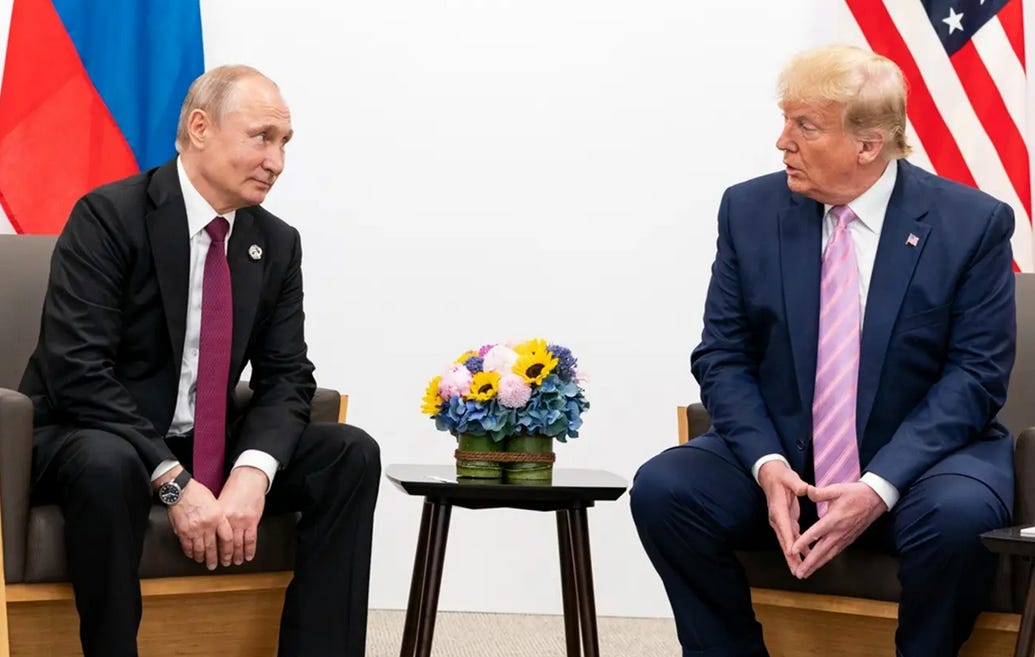Trump-Putin Alaska Summit Preview, Paid Subscriber Debrief
AMA at 6:30pm ET on Substack Live
Dear readers,
Today is the highly anticipated Trump-Putin summit in Alaska. This meeting may have huge implications for American geostrategy and could fundamentally alter the course of the ongoing Russia-Ukraine war. I wanted to provide my perspective on the potential outcomes of this meeting and what it means for the United States, Ukraine, and the world as a whole. You’ll notice that it’s similar to my statement from yesterday with some timely updates - I stand by my initial assessment and believe that this administration is fundamentally unprepared for today’s summit.
However, I also wanted to announce that after the summit I will be holding a special paid-subscriber only debriefing at 6:30pm ET, where you can ask me anything about the Trump-Putin summit. You can ask a question in the 08/15 thread on the Substack chat app linked here. I’d love to hear what you have to think and I hope you can join me later tonight.



